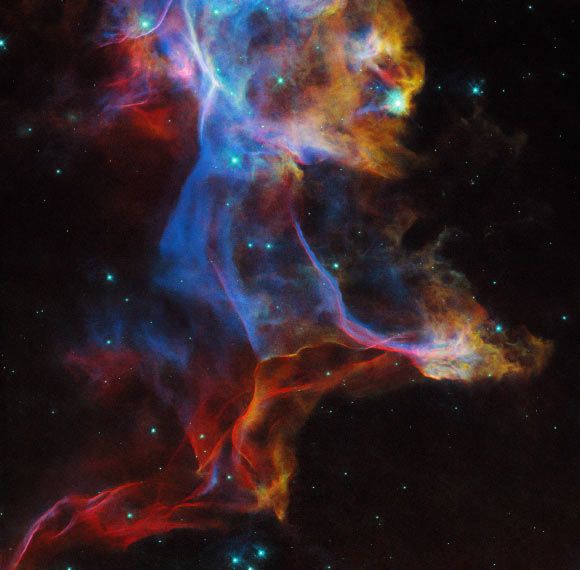John Bird
@johnbird001.bsky.social
13K followers
3.9K following
39 posts
Ph.D. atmospheric scientist🌎, nuclear engineer☢, 📰 #antarctica
South Pole Station 🐧 http://amzn.to/2klpv3b 🐧
Posts
Media
Videos
Starter Packs
John Bird
@johnbird001.bsky.social
· Jul 4

Evidence for a sub-Jovian planet in the young TWA 7 disk - Nature
Using the James Webb Space Telescope's Mid-Infrared Instrument, a study reports evidence for a direct detection of a cold, sub-Jupiter-mass planet in the disk of the star TWA 7.
www.nature.com























